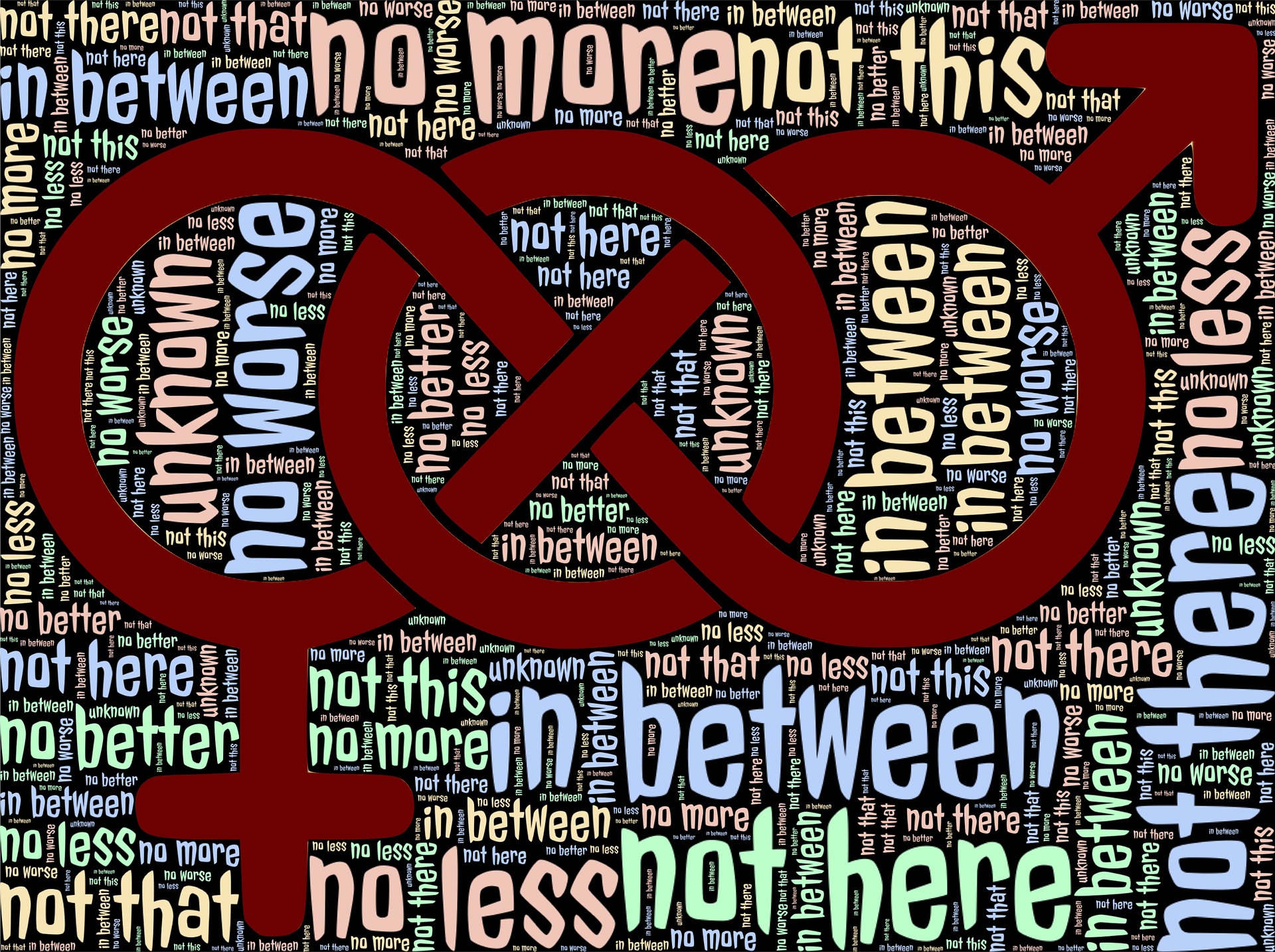
Course Description
This course on Gender Mainstreaming provides an in-depth understanding of the concept of gender mainstreaming and its importance in promoting gender equality and social justice. The course covers various aspects of gender mainstreaming, including analyzing the social, cultural, and economic factors that contribute to gender inequality and discrimination, identifying key strategies and principles for integrating gender perspectives into policies and programs, and developing practical skills to apply gender analysis tools and methodologies to different contexts.
Participants will gain insights into the challenges and opportunities of gender mainstreaming in diverse settings, including in the workplace, government, civil society, and community development. The course will explore the role of different actors and stakeholders in promoting gender equality, including policymakers, development practitioners, social workers, and community organizers.
The course will also provide participants with the opportunity to develop practical skills, including how to conduct gender analysis, design gender-responsive policies and programs, and engage with stakeholders and partners to promote gender equality and inclusivity.
Overall, the course is designed to equip participants with the knowledge and skills to integrate gender perspectives into their work and contribute to creating more equitable and inclusive societies.
Learning Objectives
Upon completion of this course, participants will be able to:
- Understand the concept of gender mainstreaming and its significance in promoting gender equality.
- Analyze the social, cultural, and economic factors that contribute to gender inequality and discrimination.
- Identify the key principles and strategies for integrating gender perspectives into policies, programs, and projects.
- Develop practical skills to apply gender analysis tools and methodologies to identify gender gaps and needs in different contexts.
- Evaluate the effectiveness of gender mainstreaming interventions and their impact on social and economic outcomes.
- Advocate for gender equality and inclusivity by effectively communicating and engaging with stakeholders, partners, and communities.
Target Audience
This course on Gender Mainstreaming is designed for individuals and organizations that are committed to promoting gender equality and inclusivity in their policies and practices. It is ideal for human resource professionals, policymakers, development practitioners, social workers, and community organizers who want to understand how gender roles, norms, and stereotypes impact society, and how to integrate gender perspectives into their work. Participants will gain practical skills and knowledge to enhance their capacity to mainstream gender in their respective fields.
Technical Requirement
To participate in this online course, participants will need a reliable internet connection and a computer, laptop, or mobile device. The course will be hosted on Global Human Rights Leadership Training Institute platform, which participants will access using their web browser. The platform is compatible with most modern web browsers, such as Google Chrome, Mozilla Firefox, and Safari. Additional technology requirements will be communicated to participants in advance if necessary.
Award of the Certificates
Participants, who successfully complete all course requirements, including assignments and assessments, will be awarded a Certificate of Completion in Gender Mainstreaming (GM). The certificate will highlight the skills and knowledge gained in the course, providing valuable recognition of the participant’s achievements.
Course Fee
The course fee for is US$300. Limited partial scholarships are available for participant’s from developing countries who demonstrate financial need. Details on the partial scholarship application process will be provided upon registration.
Duration/Time Commitment
This advanced course on grant proposal writing and resource mobilization is designed to be flexible for busy professionals. The course has duration of 84 hours, which can be completed over a period of four (4) weeks. Participants will have access to the course materials and assignments 24/7 and can complete the coursework at their own pace. Additionally, there is a possibility of an extension if required. This flexibility allows participants to balance their work and personal commitments while still benefiting from the course.
Application Procedure
Interested participants can register for this course by filling out an online application form at https://justicegroup.org/submit-your-application-form/ or request an application form from email: applications@justicegroup.org. The application deadline is 20th May 2024, while payment is due on 21st May 2024. Once accepted, participants will be provided with payment details, and payment must be made before the participant can start the course.
Further inquiries about the course may be sent to: applications@justicegroup.org OR global4learning@gmail.com.
Course Curriculum
-
Understanding the Concept of Gender
- Your expectations (GM)
- Introduction
- Understanding gender
- The concepts of gender and sex
- Social construction of gender
- Gender roles and stereotypes
- Gender stereotypes and stereotyping
- Effects of gender stereotypes/stereotyping on women
- State obligations with respect to stereotypes and stereotyping
- Definitions of key gender concepts and terms
- Summary of key learning points
- Key takeaways
- GM Assignment – 1
-
Gender from a Development Perspective
- Introduction
- Understanding gender and development
- Historical context and evolution of gender and development theories
- Gendered impacts of development policies and practices
- Gender in development frameworks
- Strategies for promoting gender-responsive development
- Advocacy and action for gender-responsive development
- Case studies and lessons learned
- Summary of key learning points
- Key takeaways
- GM Assignment – 2
-
Gender Analysis and Frameworks
-
Gender Mainstreaming
-
Gender Mainstreaming in the Project Cycle
- Introduction
- Understanding the project cycle and its phases
- Gender mainstreaming in the project cycle
- Mainstreaming gender in pre-planning the project
- Gender analysis in the project cycle
- Data needs for gender mainstreaming
- Gender-sensitive indicators in the project cycle
- The four steps in conducting gender analysis
- Gender mainstreaming in the different project cycle stages
- Summary of key learning points
- Key takeaways
- GM Assignment – 5
-
Gender Mainstreaming in Monitoring and Evaluation
- Introduction
- Understanding the concept of monitoring
- Understanding the concept of evaluation
- Gender-sensitive monitoring
- Gender-sensitive indicators
- Classification, sources, and interpretation of gender-sensitive indicators
- How to develop gender-sensitive indicators
- Gender in project evaluation
- How to develop gender-sensitive monitoring and evaluation systems
- Summary of key learning points
- Key takeaways
- GM Assignment – 6
-
Gender and Advocacy
- Introduction
- The concept of advocacy
- Why engage in advocacy?
- Understanding gender advocacy
- Types of advocacy
- Steps in the gender advocacy process
- Tips on organizing press conferences
- Tips on meeting with a legislator or legislative staff
- Summary of key learning points
- Key takeaways
- GM Assignment – 7


